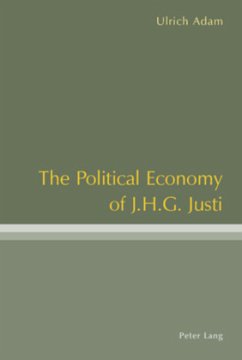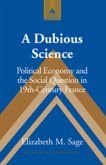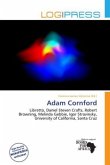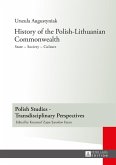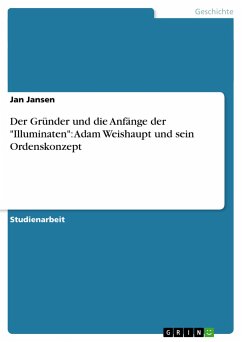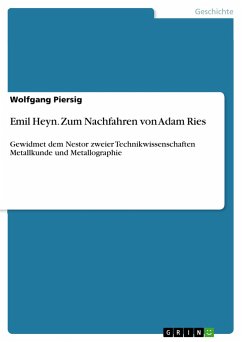This study provides a first comprehensive introduction to the political and economic thought of Johann Heinrich Gottlob von Justi (1717-1771). While previous scholarship saw Justi as quintessentially a German thinker, this analysis argues that his thought was a by-product of the broader European intellectual discourse on the political implications of modern trade.
Writing between the conclusion of the War of the Austrian Succession (1748) and the end of the Seven Years War (1763) - when competition among European powers was sharply on the increase - Justi's aim was to create modern commercial monarchies in the larger states of the Holy Roman Empire that could equal the military strength, political standing and economic performance of England and France. Shedding fresh light on Justi's tortuous biography and complex oeuvre this study unveils the critical impact that French thinkers such as Fénelon, Saint-Pierre, d'Argenson and Montesquieu exerted on Justi's ideas and demonstrates that his economic thought was part and parcel of an innovative and comprehensive political reform plan for the entire European state system.
Writing between the conclusion of the War of the Austrian Succession (1748) and the end of the Seven Years War (1763) - when competition among European powers was sharply on the increase - Justi's aim was to create modern commercial monarchies in the larger states of the Holy Roman Empire that could equal the military strength, political standing and economic performance of England and France. Shedding fresh light on Justi's tortuous biography and complex oeuvre this study unveils the critical impact that French thinkers such as Fénelon, Saint-Pierre, d'Argenson and Montesquieu exerted on Justi's ideas and demonstrates that his economic thought was part and parcel of an innovative and comprehensive political reform plan for the entire European state system.

